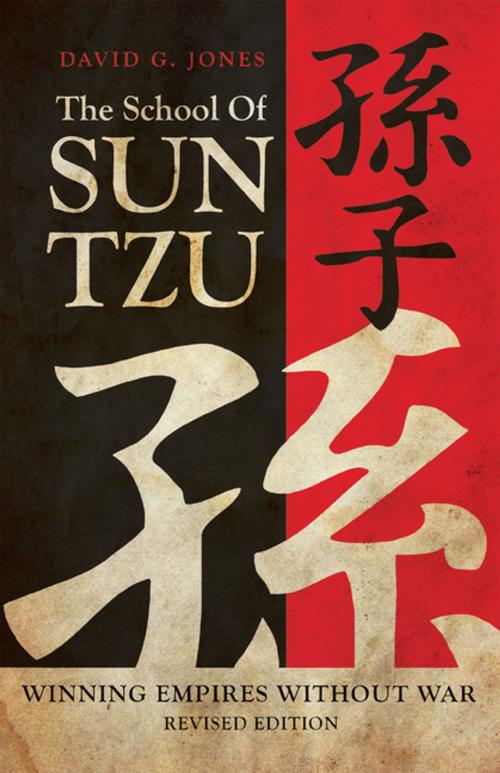The School of Sun Tzu
Winning Empires Without War
Nonfiction, History, Asian, China, Business & Finance, Management & Leadership, Management| Author: | David G. Jones | ISBN: | 9781469769134 |
| Publisher: | iUniverse | Publication: | April 3, 2012 |
| Imprint: | iUniverse | Language: | English |
| Author: | David G. Jones |
| ISBN: | 9781469769134 |
| Publisher: | iUniverse |
| Publication: | April 3, 2012 |
| Imprint: | iUniverse |
| Language: | English |
In The School of Sun Tzu, author David G. Jones offers a voyage of discovery into the world of competition and conflict. His book presents fresh thought on how issue management without conflict can be applied in today’s complex world.
The School of Sun Tzu carefully examines how the empire of China came into being, the leadership of its first emperor, and the role played by his learned academies - which gave us the Tao Te Ching and the Ping-fa by Sun Tzu (incorrectly translated as "Art of War"). The concepts, values and practices that helped found China defined the greatness of the first empire. History knows of, but has not articulated the revisionist conspiracy of the second empire that worked so hard to discredit all the good that the first had achieved, while leaving it essentially intact.
Fusing history, politics, philosophy, and motivational theory, Jones challenges not only conventional wisdom regarding Sun Tzu and Lao Tzu, but even some generally accepted aspects of Chinese history. It offers enlightening insights into a methodology as valid today for relationship management as it was centuries ago.
In The School of Sun Tzu, author David G. Jones offers a voyage of discovery into the world of competition and conflict. His book presents fresh thought on how issue management without conflict can be applied in today’s complex world.
The School of Sun Tzu carefully examines how the empire of China came into being, the leadership of its first emperor, and the role played by his learned academies - which gave us the Tao Te Ching and the Ping-fa by Sun Tzu (incorrectly translated as "Art of War"). The concepts, values and practices that helped found China defined the greatness of the first empire. History knows of, but has not articulated the revisionist conspiracy of the second empire that worked so hard to discredit all the good that the first had achieved, while leaving it essentially intact.
Fusing history, politics, philosophy, and motivational theory, Jones challenges not only conventional wisdom regarding Sun Tzu and Lao Tzu, but even some generally accepted aspects of Chinese history. It offers enlightening insights into a methodology as valid today for relationship management as it was centuries ago.















